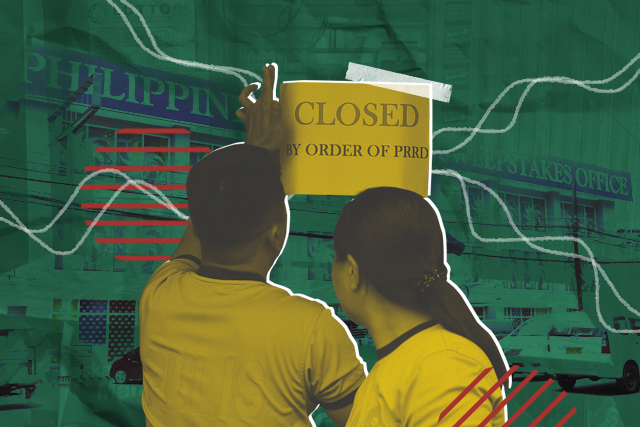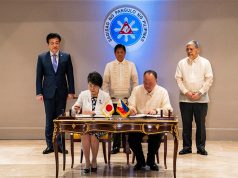
Citing “massive” corruption, President Rodrigo Duterte over the weekend suddenly ordered the shutdown of the gaming front of the Philippine Charity Sweepstakes Office, affecting 23,000 lottery outlets.
It is expected to cause the job loss of 315,000 workers.
While local gaming operators pack up their bags, offshore gaming companies called POGOs originating from China have sprouted a couple of years ago and continue to expand in urban areas, mainly employing workers from mainland China, both legal and illegal
Some Filipinos expressed their concern online over what appears to be a preference of the government for Chinese nationals over its own.
Buti pa ang PCSO nabigyan ng trabaho ang 314,000 Filipinos. Samantalang ang mga POGO ni Duterte, nabigyan ng trabaho ang 130,000 Chinese nationals.
'Yan po ang mas malaking korupsyon.
— Ogie Rosa (@ogie_rosa) July 28, 2019
Why can the rise of POGOs be worrying?
The POGO system was introduced by the Philippine Amusement and Gaming Corp. in 2016, allowing the country to take in online gaming operators from mainland China outlawed by Xi Jinping, China’s president.
Around the same time as it was launched, over 119,000 Chinese tourists skirted Philippine labor regulations to work for gaming firms tranferred offshore to catering to continuing demand of game players in China.
During the Senate probe into the influx of foreign workers, Duterte made a soft stance over their deportation, saying several Filipinos abroad have the same fate.
While the rise of POGO firms could be seen as a nod to the local economy, the Department of Finance and the Bureau of Internal Revenue found estimated an omission of P32 billion in unpaid income taxes from the gambling firms.
The sheer number of new employees, mostly Chinese, also became a burden to the BIR’s capacity to issue tax identification numbers.
The demand for office space increased as well and could soon replace the country’s information technology and business processing management sector in terms of scale, according to a property consulting firm.
Chinese migration is racking up prices of the local real estate market, particularly in Metro Manila, making them too expensive for Filipino buyers and tenants.
While some POGOs employ Filipinos and other nationalities, they still prefer those from mainland China to serve a Chinese-speaking clientele.
Based on a report, there are 55 licensed POGOs in the Philippines and each employs thousands of expatriated Chinese workers from mainland China.
A POGO basically facilitates online gaming with the use of networks and software exclusively for authorized players who have accounts with a POGO operator.
PAGCOR as an alternative to PCSO
Defending the closure of lotteries, Malacañang argued that the charity projects of the PCSO will be taken over by PAGCOR.
“We can always redirect them to the office of the PAGCOR as well as the Office of the President,” presidential spokesperson Salvador Panelo said.
Senators who supported the shutdown claimed that gambling lords and corrupt officials pocketed at least P73 billion yearly from jueteng, an illegal numbers game, fronted by PCSO franchises.
There’s no certainty whether Duterte’s corruption allegations against the PCSO’s gaming operations hold water as thousands of Filipinos stand to lose their means of livelihood.—Artwork by Uela Altar-Badayos









